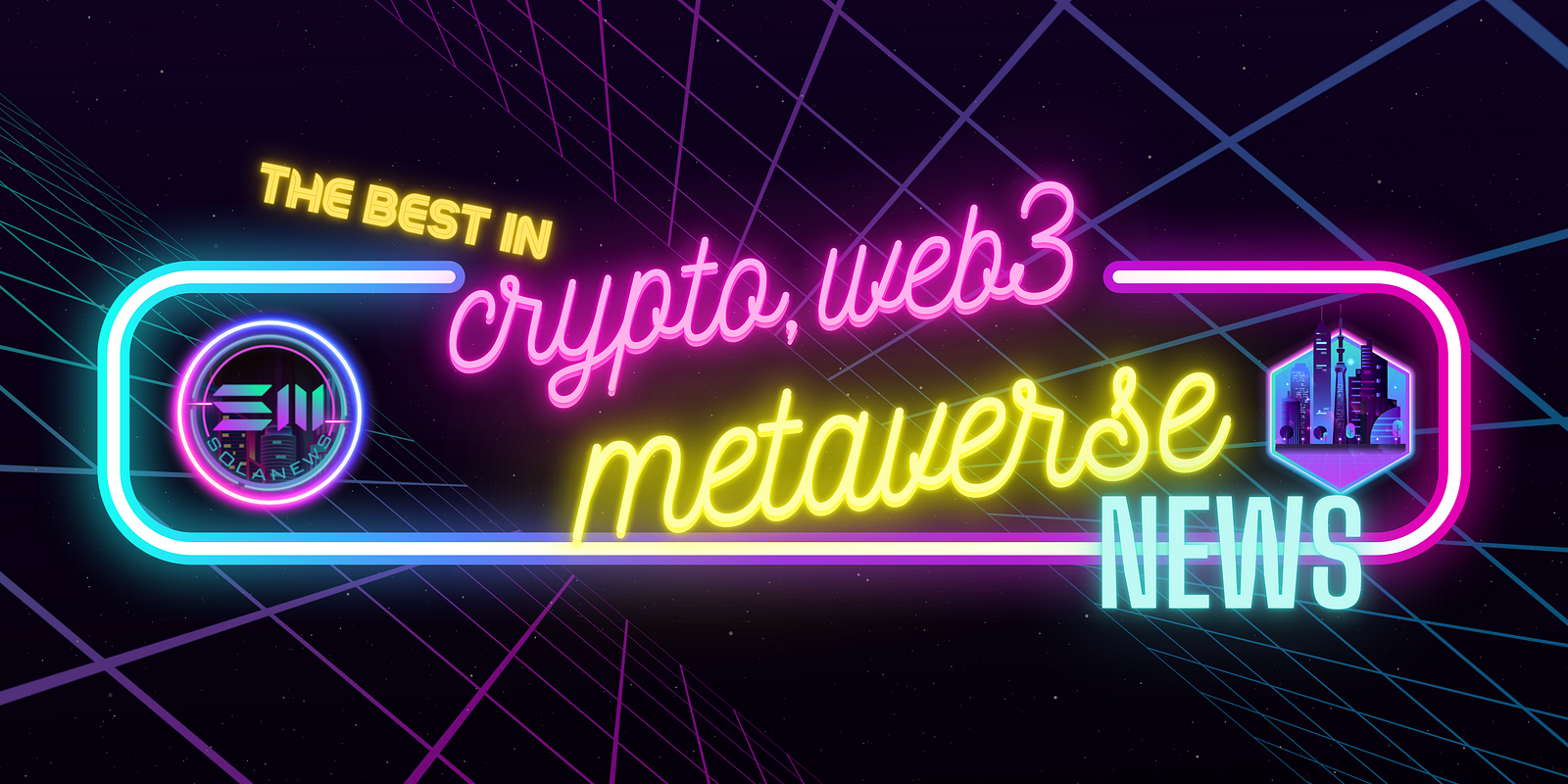The metaverse is the future
As the metaverse gains popularity, it is not just changing the way we socialize, but also challenging the legal system. The recent court hearing held in the metaverse in Colombia has sparked a debate about whether digital reality is suitable for important societal moments such as court cases, where a person’s future is at stake. Carlo D’Angelo, a former law professor and crypto criminal defense lawyer, shared his views on the possible role of the metaverse in the legal system.
D’Angelo stated that the urgent need to conduct court business during the COVID-19 pandemic accelerated the adoption of video conferencing services such as Zoom by judges. However, the technology currently being used is not well-suited for jury trials because in-person subtle visual cues, biases, and verbal and non-verbal cues are not picked up remotely, especially behind a metaverse avatar. While some of these issues could be overcome in civil trials with the consent of the parties, virtual criminal trials raise additional concerns, as a person’s freedom is on the line.
The danger of digital avatars
The use of digital avatars takes away something raw and emotionally vital from the experience of advocating in a court trial, according to D’Angelo. Moreover, in the United States, too many constitutional rights are at stake, such as the defendant’s right to be “present” at trial and the right to “confront” the prosecution’s witnesses under the Sixth Amendment to the US constitution.
D’Angelo emphasized that innovation cannot come at the expense of a fair trial. Although he is optimistic about the future of Web3 technology and its potential to advance the legal profession, he believes there are still many challenges to overcome before courts adopt metaverse trials and hearings. The future of metaverse court hearings would largely depend on the general public’s mass adoption of augmented or virtual reality. If all parties are comfortable with the technology, metaverse hearings may start showing up on court dockets.
Various Changes due to the metaverse
As the metaverse continues to grow, it could potentially change various business sectors, including service jobs, government operations, and the way meetings and court hearings are held. However, it is essential to ensure that the adoption of the metaverse does not compromise the integrity of the legal system or violate constitutional rights. The legal community is becoming familiar with Web3 technologies, and it is crucial to address the challenges before implementing them in the legal system.
The metaverse is an immersive and interactive virtual world that allows users to engage with one another and digital content in a way that has never been possible before. As this technology continues to develop, it is testing the limits of what is legally possible and raising important questions about the future of the legal system.
Although one of the key concerns with the metaverse is the potential for bias and injustice in legal proceedings. another is that the metaverse is not a neutral space. Just like the real world, it is shaped by the biases and prejudices of its creators and users. This means that certain groups may be excluded or discriminated against in virtual legal proceedings. For example, a virtual court may be designed in a way that is inaccessible to people with disabilities or that disadvantages certain racial or ethnic groups.
Another concern is the potential for fraud and cybercrime in the metaverse. As more and more commerce and social interactions move into virtual spaces, there is a risk that criminals will take advantage of the lack of regulation and oversight to carry out fraudulent activities. This could range from virtual theft and scams to more sophisticated cyberattacks that could compromise the integrity of virtual legal proceedings.
Avoiding these issues
To avoid these dangers, it will be essential for policymakers, legal professionals, and technologists to work together to create a regulatory framework for the metaverse that ensures fairness, accessibility, and security. This will require a deep understanding of the unique challenges and opportunities presented by this new technology, as well as a commitment to upholding fundamental legal principles such as due process and equal protection under the law.
In addition to the legal implications, the metaverse has the potential to transform many different business sectors and service jobs. For example, virtual shopping and entertainment could replace traditional brick-and-mortar stores, and virtual assistants could replace human customer service representatives. This could lead to job losses in certain industries, but it could also create new opportunities for innovation and entrepreneurship.
The metaverse could also change the way governments operate, with virtual town halls and other civic engagement tools becoming more prevalent. Additionally, the metaverse could revolutionize the way meetings and court hearings are conducted, making them more efficient and accessible to people who might not be able to attend in person.
The metaverse represents a powerful and exciting new technology with the potential to reshape the way we live, work, and interact with one another. However, it also presents significant legal and ethical challenges that must be addressed in order to ensure that it is a safe, fair, and accessible space for everyone.

Thanks for reading Solanews, remember to follow our social media channels for more!

